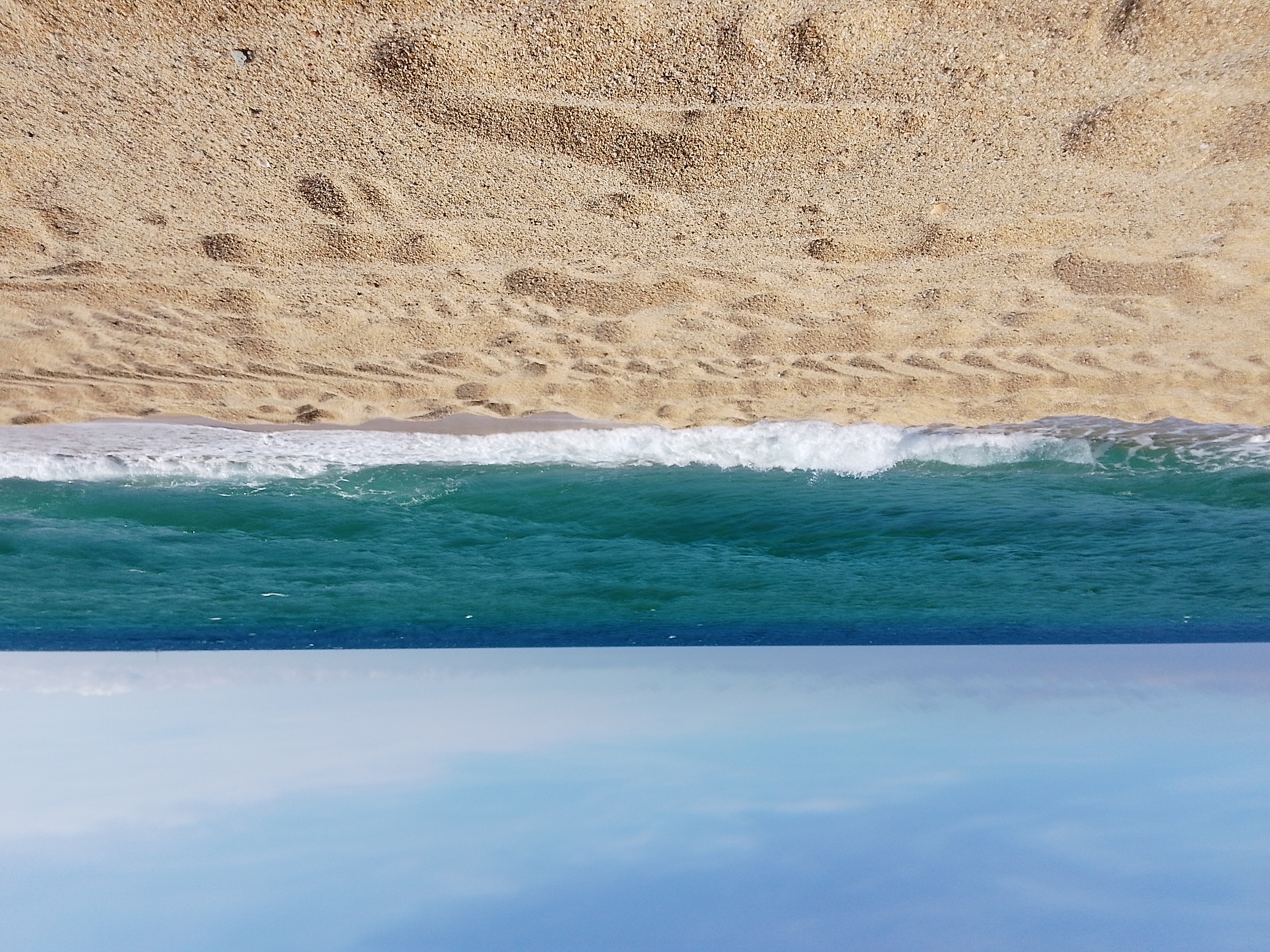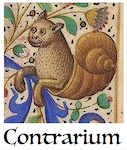Barcelona
I’ve written about movies, books, politics but I haven’t written as much about Barcelona as I would have liked. But I’ve been here several times already and I’m not really doing tourism, plus I’m not exactly in Barcelona, but in a suburb coastal town thirty minutes away.
People in this suburban town don’t tend to wake up early, much less on a Sunday. The streets are almost empty at 7:30 in the morning — the sun has risen maybe just half an hour ago — and even the unnamed bar of the Chinese man (“bar del chino”) which is usually the first to open is still closed. There is another bar a few meters away that is open, though, and three or four drunk old men are sitting at the tables outside, singing some songs in Catalan. I suspect that, rather than opening early, the bar simply did not close yet, and these are the last drunks that still remain from the previous night. I sit at the table behind them and ask the waiter — a Moroccan, or perhaps a Pakistani — for a cup of coffee and a croissant. The drunkards keep on singing.
“Transphobia is gender violence”, says one sign posted nearby, written just like this, in English. “Feminism should be inter-sectional“, says another. “Abortist sluts are my favourite people”, says yet another one, right next to it. I wonder who put them up, probably some local NGO. While people seem to be mostly socially conservative around here, there are lots of international NGOs in Spain pushing for feminist, transgender and all kinds of causes, and the current government seems to be extremely left-wing. Just a few months ago, they put up a new law that allows anyone over the age of 14 to “change their gender”. In Spain, people can vote and drive only after completing the age of 18 years, and the so-called “age of consent” for sex is 16. But people can already “change their gender” at 14. Go figure.
In the meantime, the drunkards appear to be now complaining about the politically correct. One of them says he was accused of being racist for some reason or other. “Yes, I’m racist”, says another one. “So what?” But they are laughing as if it was all some funny joke and soon start singing again. Just harmless drunks having a good time. The Pakistani waiter brings them another beer. Does this bar ever close? The Chinese man meanwhile is setting up his tables. The neighbourhood starts to wake up, and some people are now out with their dogs.
In the afternoon, I go to Barcelona proper. I walk around Passeig de Gràcia, where there are two famous buildings designed by Gaudí — La Pedrera and Casa Millà. Crowds of tourists parade in front of the famous houses taking selfies. I’d like to enter, but the line is too long. I keep walking on.
I arrive to the same church where I went last Easter Sunday for the Latin Mass. They have mass today too, and I go in, even if I am 30 minutes late and mass is half-way. No matter. There’s another priest today, but the mass is again in Latin. It’s always in Latin and there’s always Latin songs. Benedicamus Domino. Afterwards, I talk to one of the women, a brunette in her 30s, who explains to me a bit about the congregation. She introduces me to some of the others. They are going to a restaurant, and they invite me to go eat with them. Why not? I accept. It’s now 2:30 PM, which seems late for me, but, in Spain, or at any rate in Barcelona, people tend to have lunch at 2:00 or 3:00 or even 4:00 PM, and dinner can be as late at 10:00 PM. (You can see now why not many people are awake at 7:00 in the morning.)
Lunch is good — I choose tortilla, croquetas and salad, but they also have pizzas and crepes and all kinds of stuff — and the people in the group are very nice. There is even a man from Argentina, from the same city I was born in, so at least we have something in common to talk about. As wine and beer start to flow, the discussion becomes more lively, but hard to follow. I remain mostly silent, catching a few words left and right. To my left, mostly men, having an intellectual discussion: Monsignor Lefebvre, infiltrated freemasons, anti-semitism, Franco, Latin, Old Slavonic, Saint Athanasius, Novus Ordo, Padre Pio. To my right, mostly women, talking about mystical experiences. Lourdes, the words of Jesus, spiritual strength, Padre Pio again, Garanbadal (some place in the Basque country where the Virgin Mary supposedly appeared in the 1960s to a group of children). I start to feel a bit dizzy. Maybe it’s just the wine. Lunch is now over, so I thank them all for the invitation and say goodbye.
It is still sunny and warm as I get back to the suburban town. I don’t want to go home yet, so I go to the beach. The water is cold but the sand is warm. Now it’s 7:30 PM and there’s still people on the beach, walking or playing volleyball, and there’s even some children swimming. Dinner won’t start for most people until much later on.
It’s always sunny in Catalonia. It still hasn’t rained at all, all the time since I’ve been here, and even months before, except perhaps for a just a few drops for about 5 minutes one day. I don’t mind, but the situation seems to be desperate for local farmers. Even the priest today asked people to pray for rain. I am now looking at the weather report, and they are predicting rain next Tuesday. Benedicamus Domino. But it’s just a light rain which won’t probably solve the farmers’ problem. I don’t mind. It can rain every day after I’m gone.
“April is the cruelest month”, wrote T. S. Eliot. Well, maybe in England, not here. Here, April is almost summer.
Tomorrow it will be sunny once more and I’ll probably be up again at 7:00 AM and walk around the empty streets, or maybe even on the beach. I like it best when it’s empty.
It’s a nice town, Barcelona. People are friendly and invite you to lunch even without knowing you, it’s always sunny and warm, there’s a beach, there’s lots of bars and cafes, and drunks sing instead of fighting and breaking things.
It’s a good place to be.


